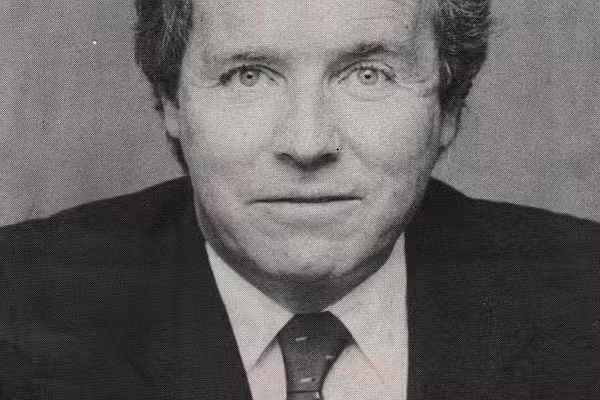This year, Checkout commemorates its 40th anniversary, and with this in mind, every week, Retail Intelligence is going to 'reel in the years' and publish a story from our extensive archives. This article features Feargal Quinn discussing the futue of the beef industry and first appeared in Checkout in May 1980.
"The long-term future of the beef industry depends on whether it can get closer to the consumer." This was stated by Feargal Quinn, managing director of the Superquinn supermarket group, when he addressed the CBF 7th International Beef Symposium in Dublin.
"There is a serious danger that modern ideas of 'productivity' and 'efficiency' may cause us to lose sight of changes in the marketplace that will affect the customer's buying habits."
Mr. Quinn pointed out that beef was under attack by a wide variety of instant made-up meals. Outside the home, a new feature was the growth of specialist restaurants that used meats other than beef – chicken for instance.
In meeting this challenge, the retailer of beef could benefit by listening more to his customers. Central to this was the concept of selling in a traditional manner – across a counter.
"It is becoming clear that not only is the real, human butcher still needed by the customer today, he is needed more than he ever was.
"There are, of course, easier ways of selling meat than having large butchery establishments in each store, offering personal counter service to the customers. But the easier ways are not what the customer wants, neither here in Ireland or any of the other countries I have travelled in."
The customer likes to buy from a butcher for two main reasons, according to Mr. Quinn.
"First, he is a guarantor of quality. That is more necessary than ever today, now budgets are so tight. Having meat cut in front of your eyes, to your exact requirements if necessary, is an important part of this. So is being able the butcher that your last week's purchase could have been better.
"The other big advantage of butchers is that they can help the shopper get the best from meat. Again, this is a need that we find is increasing. The more difficult economic conditions get, the more customers need help in using beef and other meats in the most sensible way.
"This help is called for because the customer still wants to buy beef, still regards meat as a central part of the everyday diet. But if we cannot give that help, if we cannot come together with the with the customer and find a more cost-effective way of using meat in the family budget, then there is a real possibility that the place of meat – and of beef in particular – will change in the years ahead.
"The meat industry's problem has always been how to sell all of the beast, not just the parts that produce the most sought-after cuts. Now, at last, rising costs have begun to turn the shopper's attention also to the possibilities of the less expensive cuts. But more needs to be done by shops to adapt to that change in attitude."
Mr. Quinn said that his own group had realised early on the importance of encouraging customers to discuss their needs with the butchers.
"We have consumer panels in each shop, where customers talk about their whole shopping experience, including their meat preferences. We print leaflets that spell out the ways to get the best out of different types of meat. We give out recipe suggestions at every meat counter. We organise frequent in-store cookery demonstrations and tastings.
"All this works well, in drawing the butcher and the shopper closer together. But now we feel that even more is needed. We are beginning to realise that it is not enough for a butcher to be an expert in his own job, the business of preparing meat for sale.
"In today's world, perhaps he should also be an expert in the shopper's job – that of preparing meat for the table.
"We asked ourselves do butchers know enough about cooking?" Mr. Quinn said. "After all, cooking the meat is what it is all about. And we have concluded that the butcher's contribution could be more meaningful if he had a deeper first-hand knowledge of cooking what he sells.
"So our butchers are going back to school – not to learn about meat as such, but to learn more about cooking it.
"This development sums up for me the direction the beef industry needs to go in over the years ahead. The main priority is that those responsible for marketing beef get closer to the consumer. They must become increasingly sensitive to the real needs of the marketplace, in a world where even things as basic as eating habits are open to change."
© 2015 - Checkout Magazine









